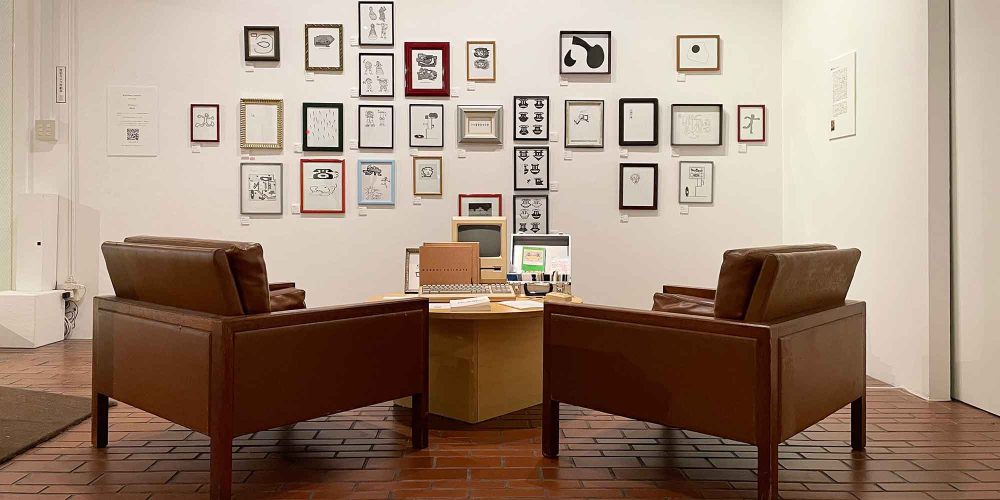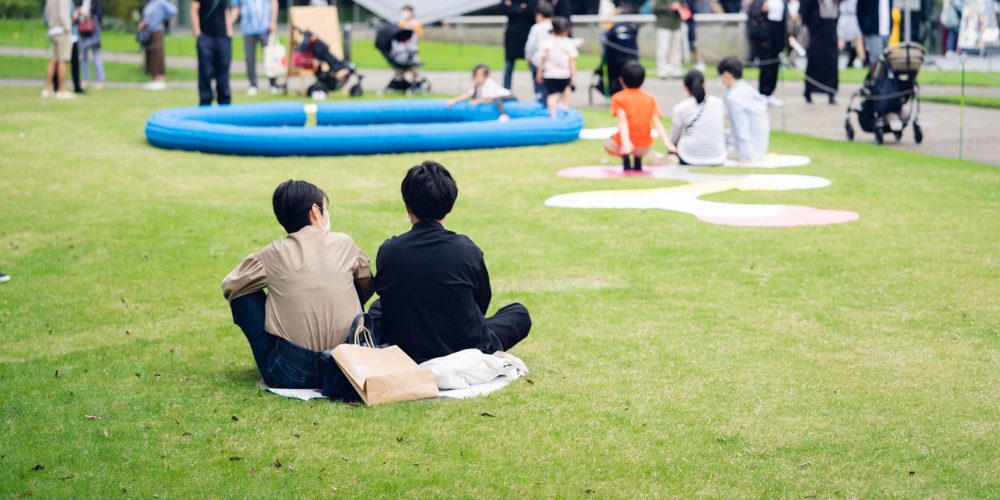
Pioneers
-

Christine Schöpf 1948 — 2025
It is with great sadness that we bid farewell to Christine Schöpf—a formative figure in media art and for all of us, without whom Ars Electronica would not be what it is today.
-
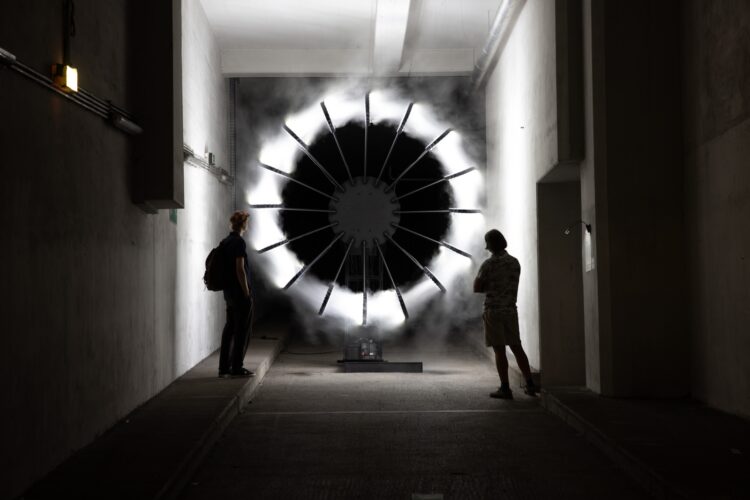
That was the Ars Electronica Festival 2025
For five days, Linz once again became a meeting place for art, technology, and society—and POSTCITY served as a stage for encounters, experiments, and visions one last time.
-
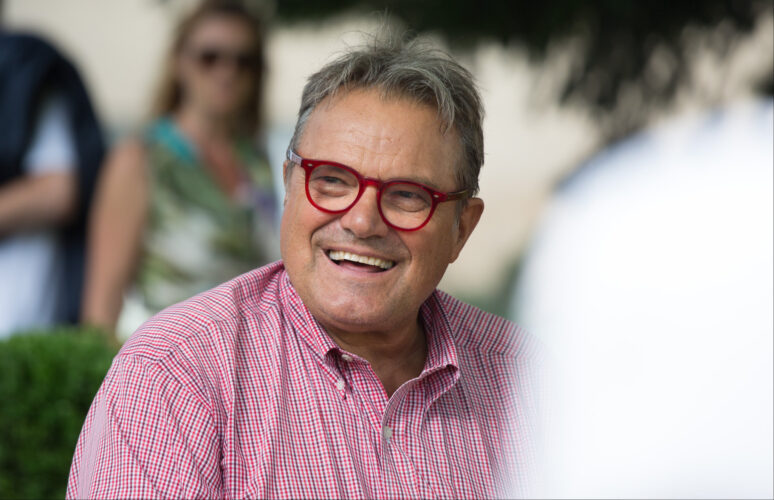
Oliviero Toscani: Creativity has to be subversive
Oliviero Toscani (1942–2025) used art and advertising to challenge society. His legacy inspires us to rethink the status quo.
-
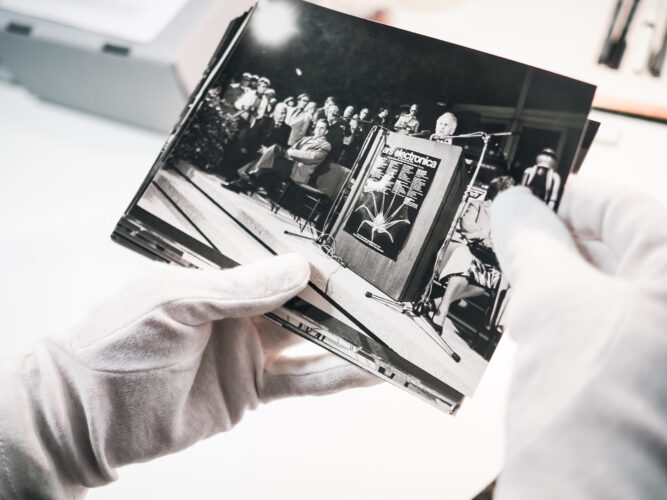
How the Ars Electronica Archive Reflects the Development of Artificial Intelligence
What do an archive of media art and the history of AI have in common? And can these histories perhaps be intertwined in order to gain a better insight into what has fascinated and preoccupied people at different times with the idea of “artificial intelligence”?
-

Interdisciplinary Urban Studies and Data Art
In our interview with Prof. Dietmar Offenhuber, we find out how important interdisciplinary approaches are in research and what role data plays in a digitalised world.
-
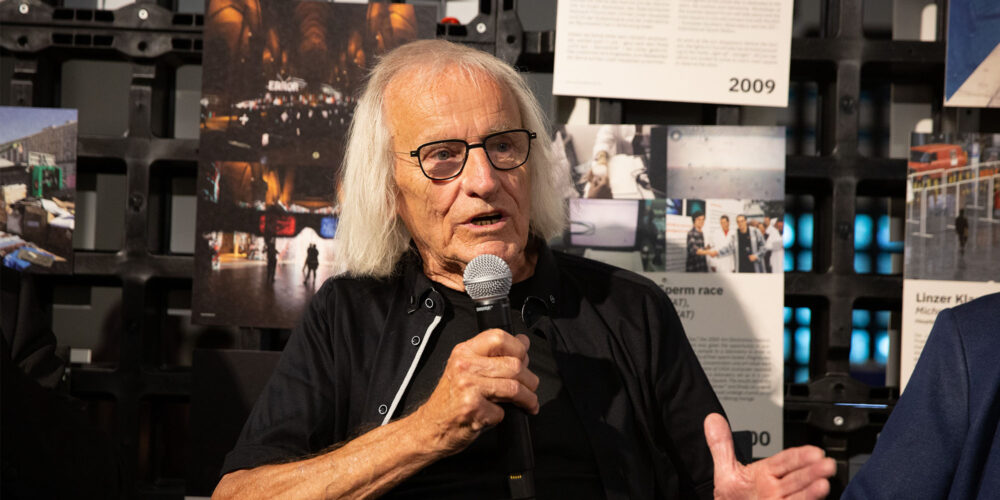
Walter Haupt 1935 – 2023
The inventor of the Klangwolke is dead. An obituary for Walter Haupt, who died in Munich on May 17, 2023 at the age of 88.
-
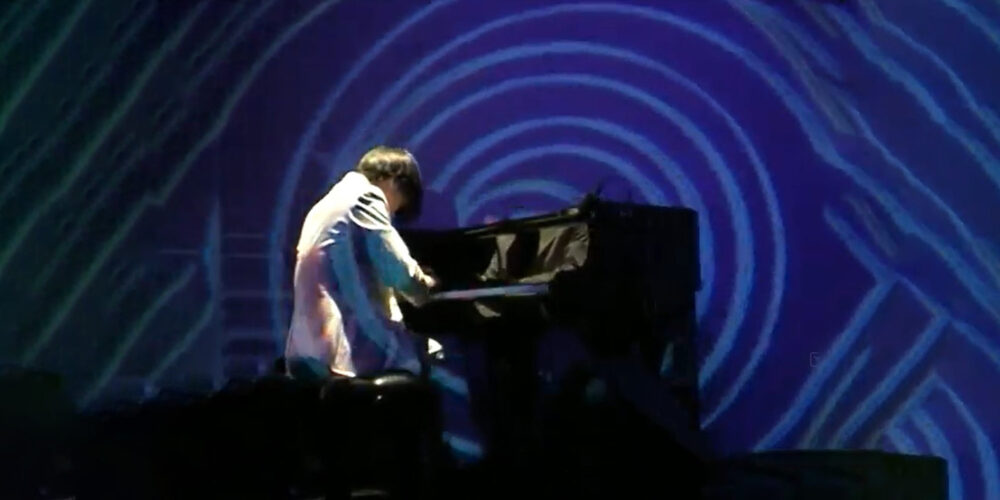
Ryuichi Sakamoto 1952 – 2023
Ryuichi Sakamoto died March 28 at the age of 71. The Japanese pianist, composer and pioneer of electronic music was the winner of the Prix Ars Electronica in 1997.
-
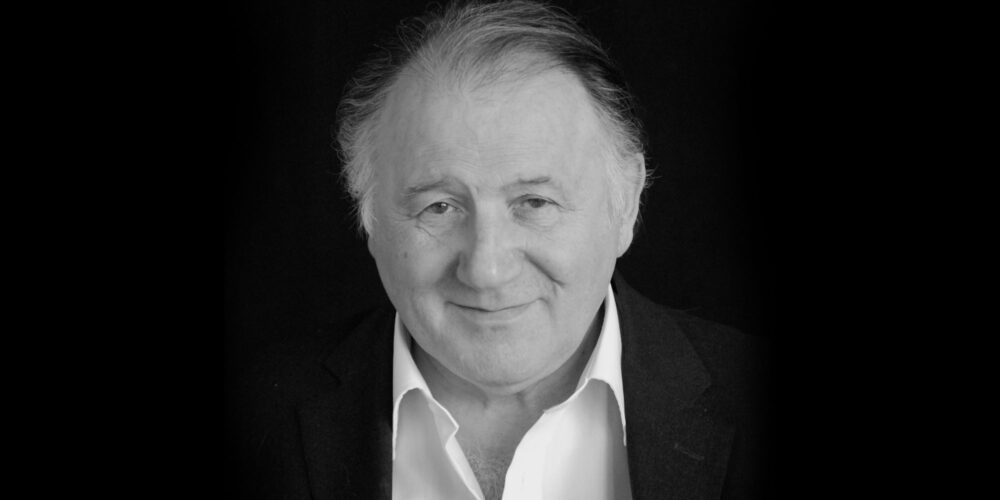
Peter Weibel 1944 – 2023
Artist, curator, theoretician, activist, visionary – Peter Weibel was one of those people who do not fit into any box, but instead switch from one field and metier to another. On March 1, 2023, Peter Weibel passed away in Karlsruhe at the age of 78.
-

Room for artistic freedom
In the second part of our Year In Review, we turn our attention not only to art, but also to the exciting stories of the people behind it.
-
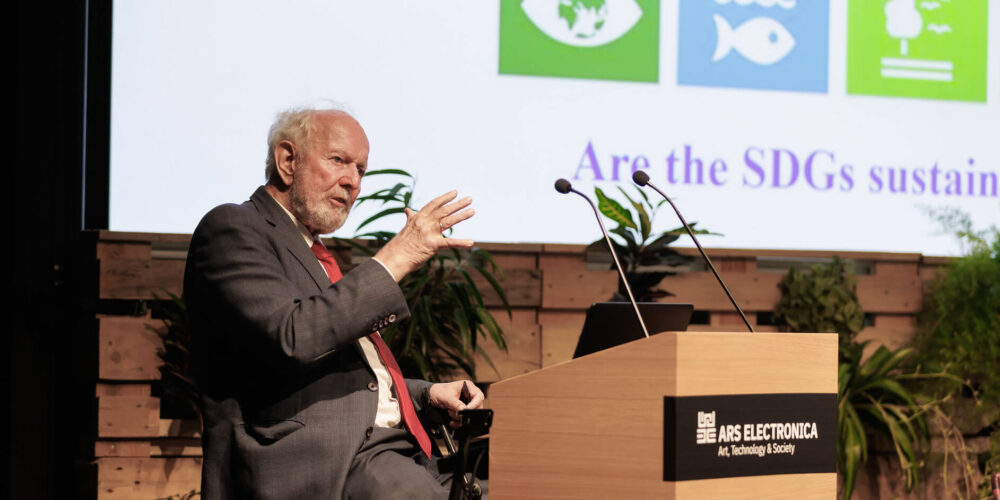
Earth4All: It is not too late
50 years after “The Limits to Growth” Club of Rome with “Earth4All” warns about the consequences of social inequality for our planet: A Survival Guide for Humanity
-
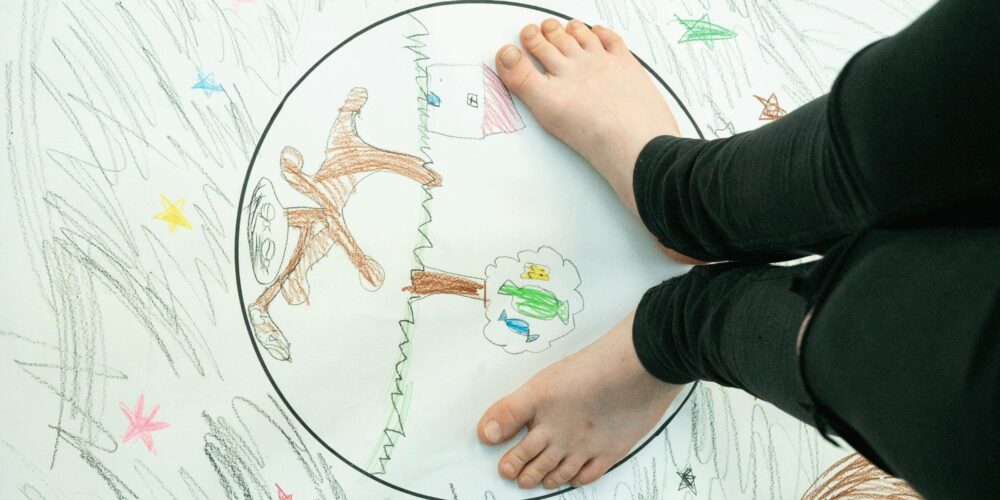
Directors Talk: Facing crises creatively
How can creativity and art help society face crises in a resilient way? The Ars Electronica Futurelab is looking for answers.
-
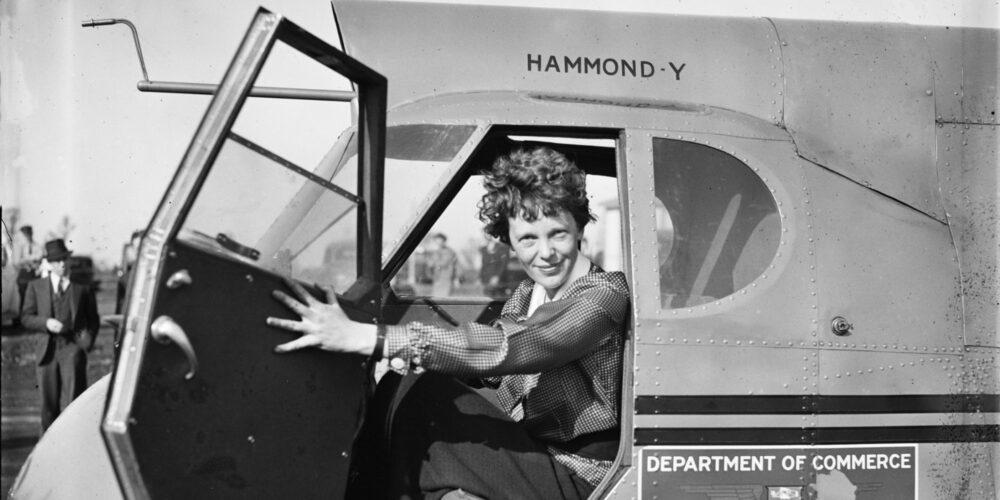
The queen of the skies
With “Songs for Amelia Earhart,” Laurie Anderson and Dennis Russell Davies, together with the Brno Filharmonic Orchestra and cellist Rubin Kodheli, pay tribute to the pioneer of the skies and tell of her last flight around the world.
-
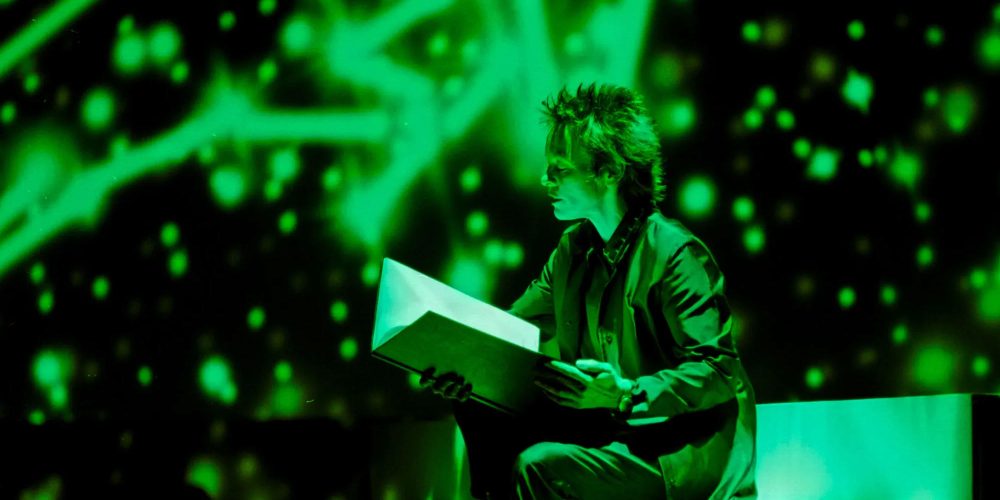
Laurie Anderson: Creating, Evolving, Experiencing
What characterizes a “Pioneer of Media Art”? Laurie Anderson connects art with technology and opens new musical paths with her inventions.
-
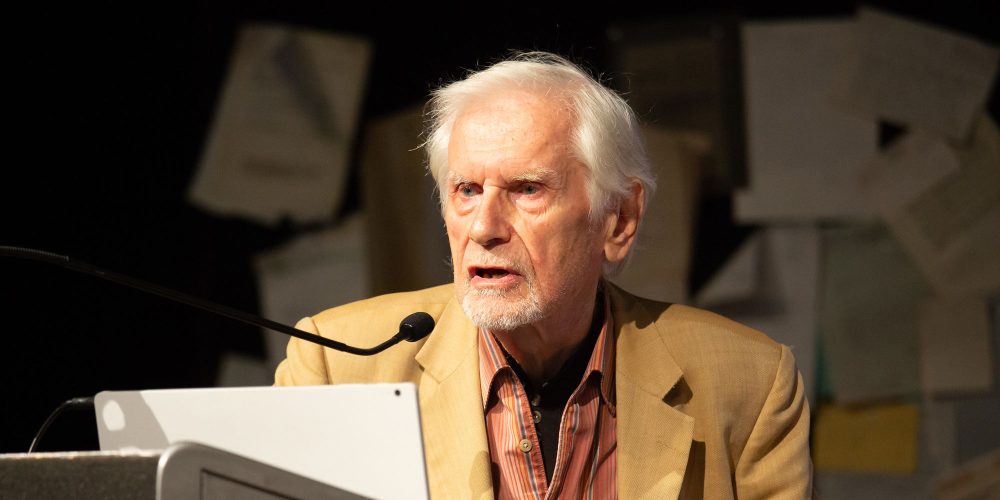
When Herbert W. Franke brought art and science together
With his multiple roles as scientist, author of science fiction novels and specialist for computer graphics, he gave a momentous impulse for many other media art festivals as co-founder of the first Ars Electronica in 1979. Herbert W. Franke passed away at the age of 95 on July 16, 2022.
-
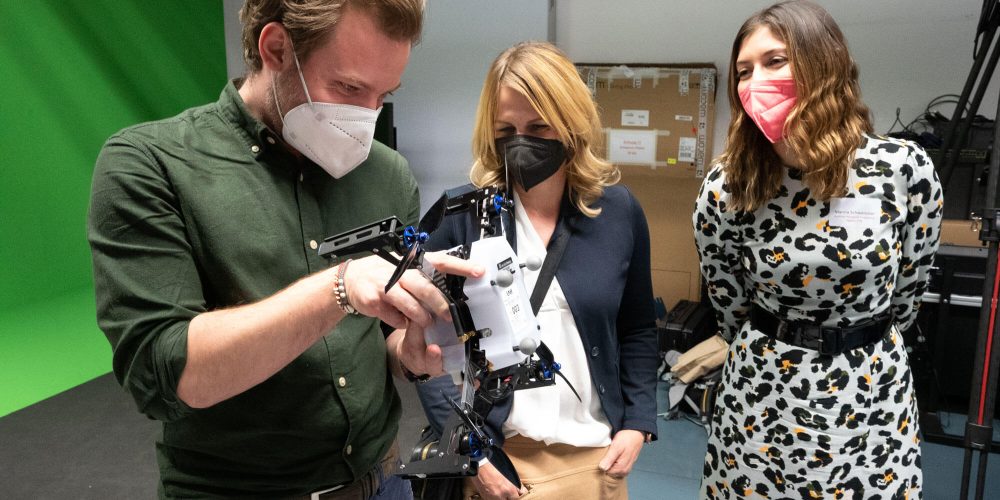
Swarm robotics up close
Drones merging to a digital canvas or painting with light: An Ars Electronica Futurelab workshop showcased the art of swarm robotics.
-
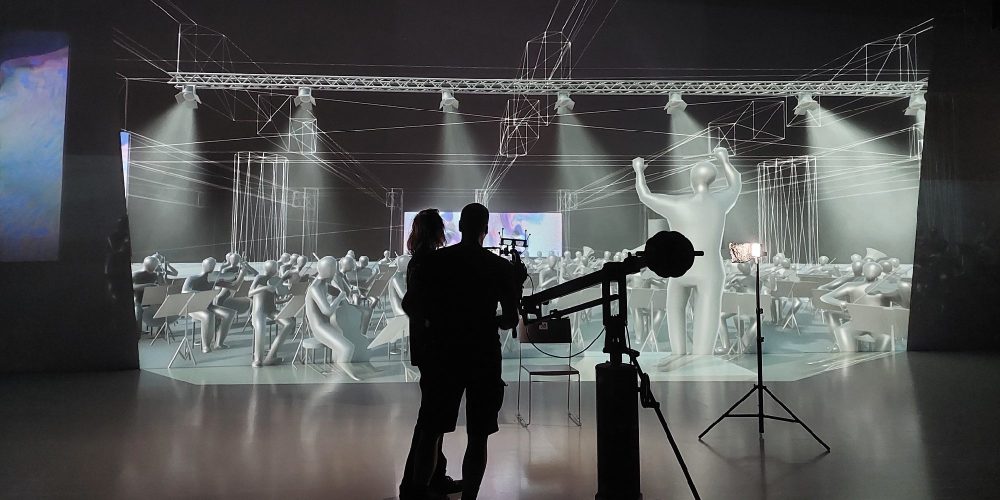
How to dive into hybrid reality
“Action!” The Ars Electronica Futurelab’s team shares its insights on the new video production system Deep Virtual.
-
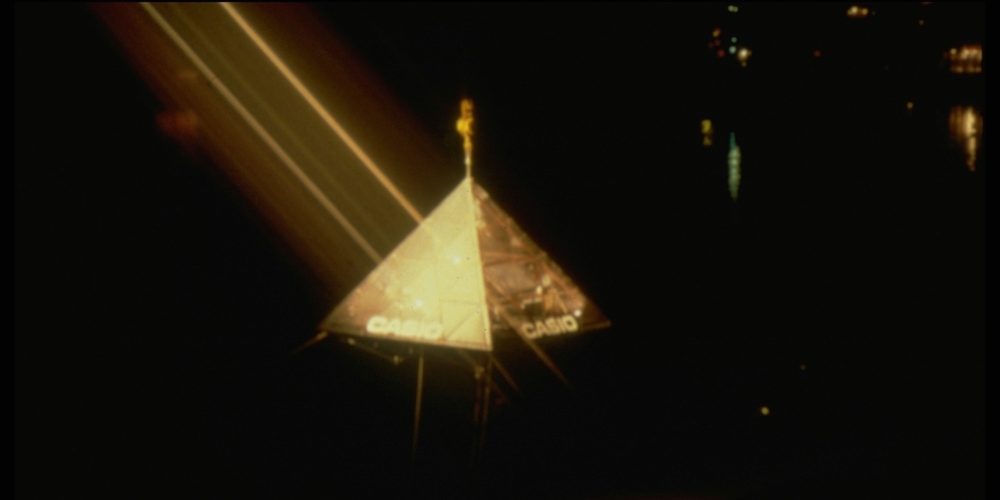
Throwback: UFOs over Linz
In a glass pyramid, 30 meters above the Danube, Isao Tomita enchanted the visitors of the Klangwolke 1984.
-

Throwback: The pioneer of the synthesizer
Robert Moog is considered a pioneer of the synthesizer. In the 80s, the American inventor honored us twice in Linz.
-
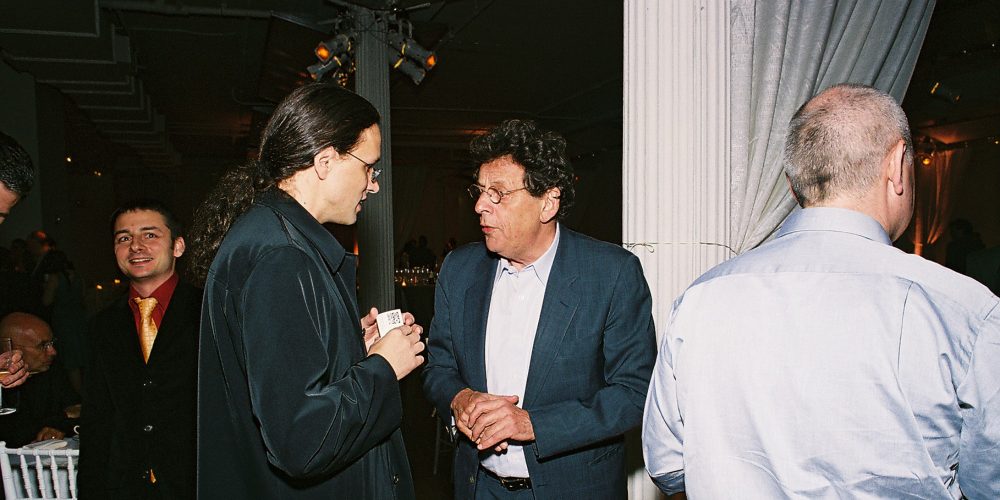
Happy Birthday, Philip Glass!
Philip Glass, the most famous representative of minimal music and longtime companion of Ars Electronica, celebrates his 85th birthday – we congratulate him!
-
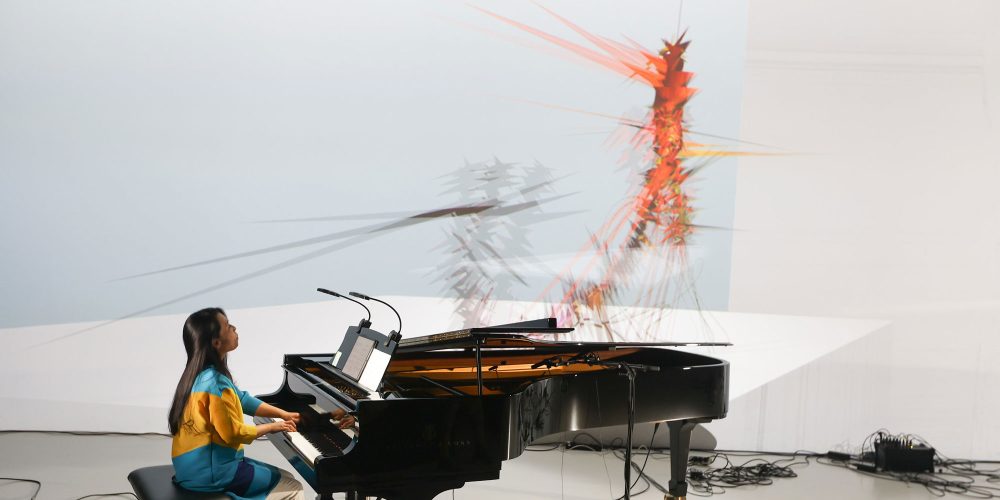
Morphologies – Digital Formations and Analog Music
Analog music generates digital visualizations: Maki Namekawa, Cori O’Lan and Rubin Kodheli in a timeless night performance at Deep Space 8K.
-
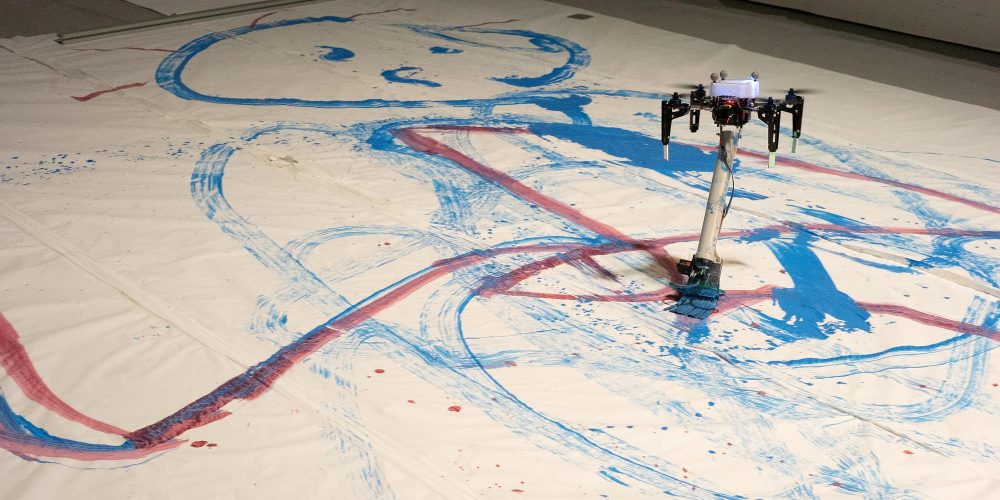
Space Ink – a future of visual arts?
With the Paintbrush painting drone, the Space Ink research project is opening a new chapter in the future of art.
-
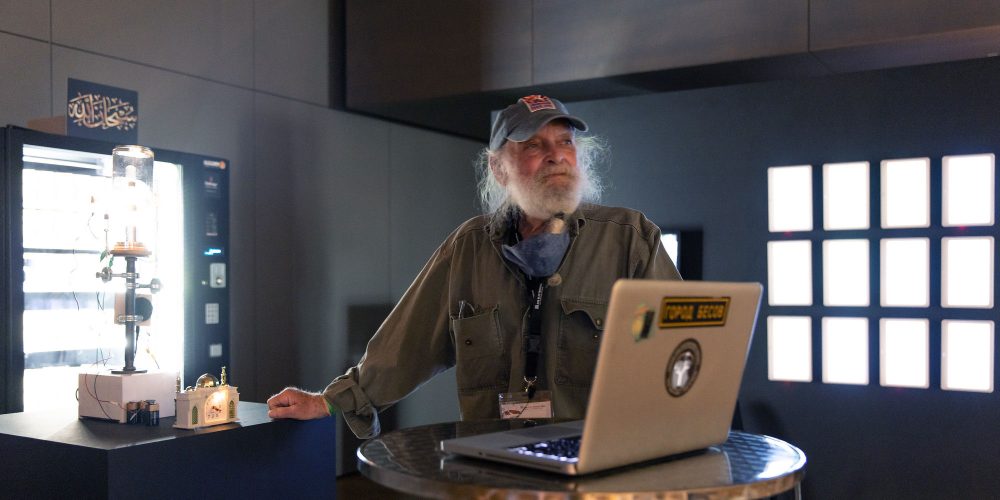
Joe Davis: In Search of Paradoxes
Just recently, Joe Davis and Sarah Khan stored 2,417 quintillion angels on the head of a pin. Reason enough to talk to the BioArt pioneer about the connection between art and science.
-
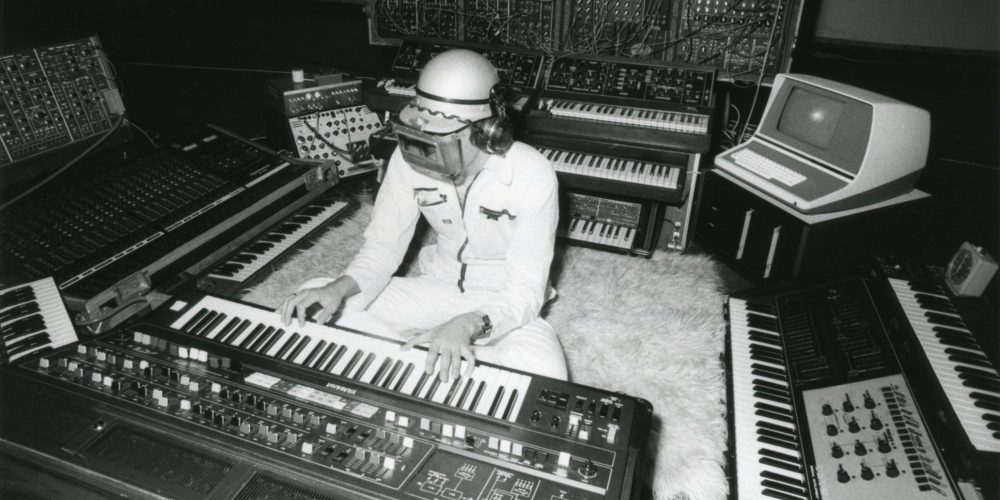
Throwback: Linz Steel Symphony
In 1980, electronic music pioneer Klaus Schulze opened the Ars Electronica Festival with a concert of live recorded sounds from the Linz steelworks voestalpine.
-
![[ˈdaːzaɪn] – Audiovisual Performance](https://ars.electronica.art/aeblog/files/2021/09/51443064605_0d1cf63418_o_2000x1000-1000x500.jpg)
[ˈdaːzaɪn] – Audiovisual Performance
Embedded in a technical, symbolic and metaphysical universe, the audiovisual performance [ˈdaːzaɪn] by media artists Arno Deutschbauer and Micha Elias Pichlkastner alias “Sective” immersed the packed Deep Space 8K in a reloaded atmosphere.
-

Art Thinking
There are difficult questions waiting for creative answers
